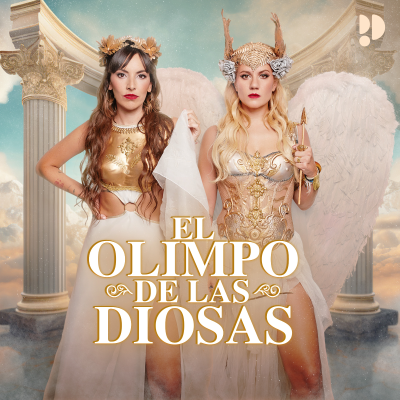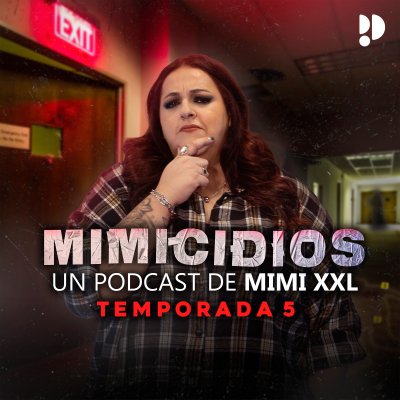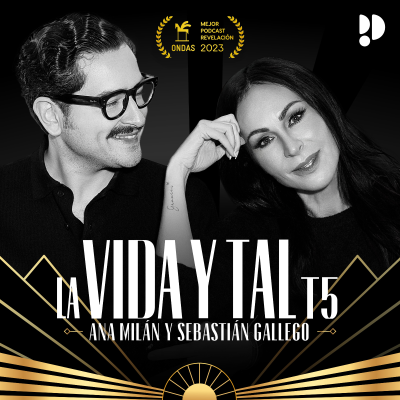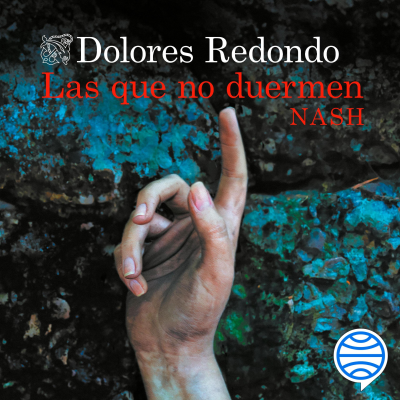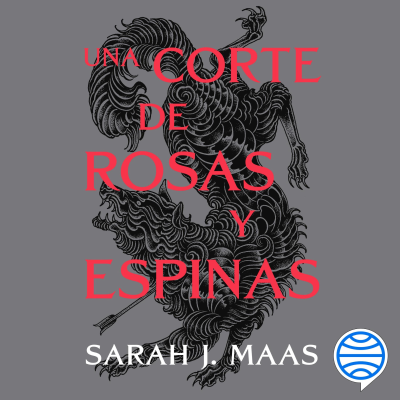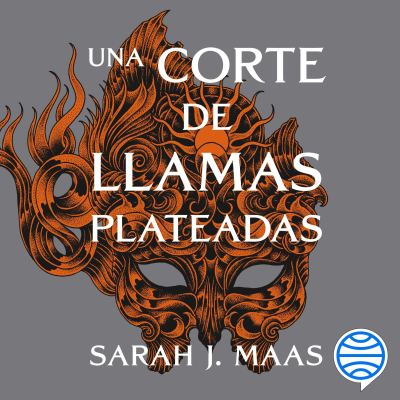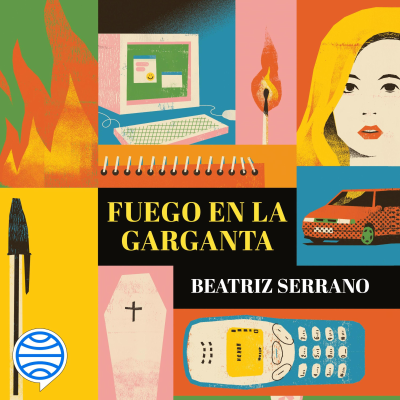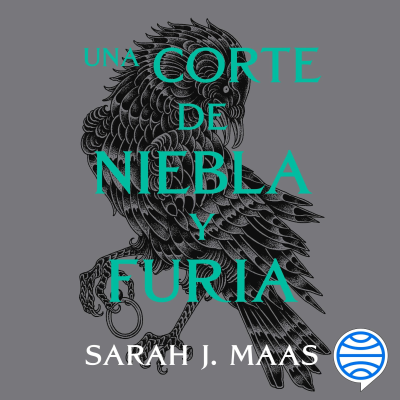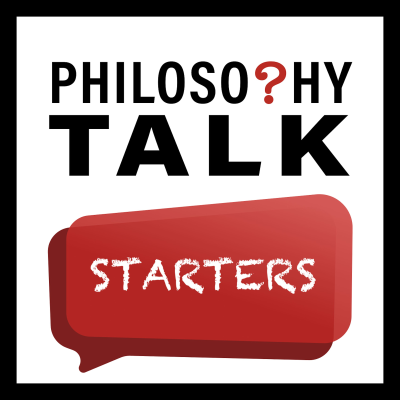
Philosophy Talk Starters
Podcast de Philosophy Talk Starters
Bite-size episodes from the program that questions everything... except your intelligence. Learn more and access complete episodes at www.philosophytalk.org.
Disfruta 3 días gratis
4,99 € / mes después de la prueba.Cancela cuando quieras.
Todos los episodios
610 episodiosMore at https://www.philosophytalk.org/shows/true-contradictions. If you want to tell the truth, you shouldn’t contradict yourself—that’s just common sense. A suspect who was home on the night of the crime can’t have been elsewhere, and whatever the weapon, we can rule out the hypothesis that it was both a candlestick and not a candlestick. But there are philosophers who claim we shouldn’t overgeneralize based on murder mysteries: some contradictions are true. Could a badly written law make the dastardly deed both legal and illegal? Do mathematical paradoxes create weird things that both do and don’t exist? If we embrace contradictions, will we still be able to tell the difference between truth and falsehood? Josh and Ray embrace contradiction with Graham Priest from the City University of New York, author of "Doubt Truth to Be a Liar."
More at https://www.philosophytalk.org/shows/mary-midgley. Mary Midgley became one of the best known public intellectuals in the UK, and was one of the first philosophers to talk about climate change. Though she didn’t publish her first book—Beast and Man—till she was 59, she wrote many influential works on science, ethics, and animal rights. So, why did Midgley argue that the climate crisis was ultimately a conceptual problem? What was her criticism of scientism, the view that only science can provide knowledge about the world around us? And why did she think the work of the philosopher is a bit like that of the plumber? Josh and Ray explore her life and thought with Clare Mac Cumhaill from Durham University, co-author of "Metaphysical Animals: How Four Women Brought Philosophy Back to Life." Part of the "Wise Women" series, generously supported by a grant from the National Endowment for the Humanities.
More at https://www.philosophytalk.org/shows/derek-parfit-and-your-future-self. The works of Derek Parfit (1942-2017) have had a profound influence on how philosophers understand rational decision-making, ethics, and personal identity. At the heart of Parfit's thinking are questions about how you should relate to your future self, and whether you should treat your future self any differently than other future people. So why does Parfit argue that it's wrong to place a special value on your own survival? What would it take to value others in the way that you value yourself? And how might we harness Parfit's insights to make the world a better place? Josh and Ray's future selves welcome back Parfit's former student David Edmonds, author of "Parfit: A Philosopher and His Mission to Save Morality."
More at https://www.philosophytalk.org/shows/are-rules-meant-be-broken. Rules exist for a reason: they tell us what to expect, they help us coordinate our actions, and they stop us from exploiting one another. But isn't it possible to be too much of a rule follower? Aren't some rules arbitrary, unjust, or just plain inefficient? When should we exercise our judgment to reinterpret the rules, and when should we ignore them altogether? Josh and Ray break all rules with Barry Lam from UC Riverside, author of "Fewer Rules, Better People The Case for Discretion."
More at https://www.philosophytalk.org/shows/iris-murdoch. Iris Murdoch may be best known for her works of fiction, but her philosophical contributions were equally significant. A moral realist influenced by Plato and Simone Weil, she developed theories in virtue ethics and care ethics. So what is the relationship between Murdoch's works of fiction and her philosophical writings? Why did she believe that "nothing in life is of any value except the attempt to be virtuous"? And given that, why did she think human life has no purpose? Josh and Ray explore Murdoch's life and thought with Eva-Maria Düringer from the University of Tübingen, author of "Evaluating Emotions."
Disfruta 3 días gratis
4,99 € / mes después de la prueba.Cancela cuando quieras.
Podcasts exclusivos
Sin anuncios
Podcast gratuitos
Audiolibros
20 horas / mes
